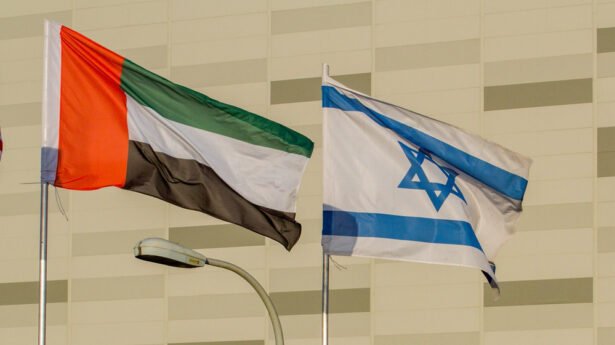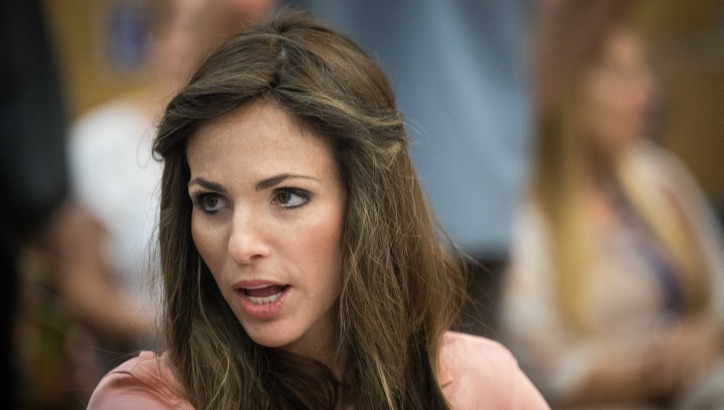

Most American Jews identify as either Reform or Conservative, but these non-Orthodox denominations are treated with disdain or outright hostility by many in Israel, including the Chief Rabbinate. Several issues regularly strike nerves in the relationship between the world’s two largest Jewish communities, Israel and America. “It’s rich, it’s diverse, it’s powerful - and it cannot, and should not, be ignored.” “If my last six months as minister have taught me anything, it’s that world Jewry does have a voice,” said Yankelevich, whose parents immigrated to Israel. Yankelevich, Israel’s first female haredi Orthodox minister, has been on the job for about half a year. “This is especially true when the State of Israel makes decisions that directly impact Jewish communities outside of Israel.” “We must deeply understand the interests and needs of Israel’s 8 million brothers and sisters living outside our borders,” Diaspora Affairs Minister Omer Yankelevich said during the panel discussion. Most of the remaining 8 million live in one of six countries: the United States (6-7 million), France (450,000), Canada (392,000), Britain (292,000), Argentina (180,000) and Russia (180,000), according to demographers’ estimates and the latest American Jewish Year Book. Of the world’s estimated 15 million or so Jews, some 6.8 million reside in Israel, according to Israeli government statistics. “We don’t want to try and tell the Israeli government what to do, but we do want them to hear our input on matters that impact our community.” “I believe Israelis, and the Israeli government, should want to hear from us, to learn and understand our perspectives,” said Eric Fingerhut, a former member of Congress from Ohio who now heads the Jewish Federations network.

In late October, Jewish Federations hosted a panel discussion during its annual General Assembly, held online this year, on the subject of “How much say should world Jewry have in internal Israeli affairs?”

The federations collectively send hundreds of millions of dollars each year to Israel in the form of grants to nonprofit organizations that work on behalf of Israelis from across the sectors of society, including the federations’ two main overseas partners: the Jewish Agency for Israel and the American Jewish Joint Distribution Committee. “This would potentially be one of the most significant events in Israeli-Diaspora relations in decades,” said David Butler, chair of the Israel and Overseas Committee of the Jewish Federations of North America, the umbrella group for 146 Jewish federations and 300 independent communities in North America.


 0 kommentar(er)
0 kommentar(er)
